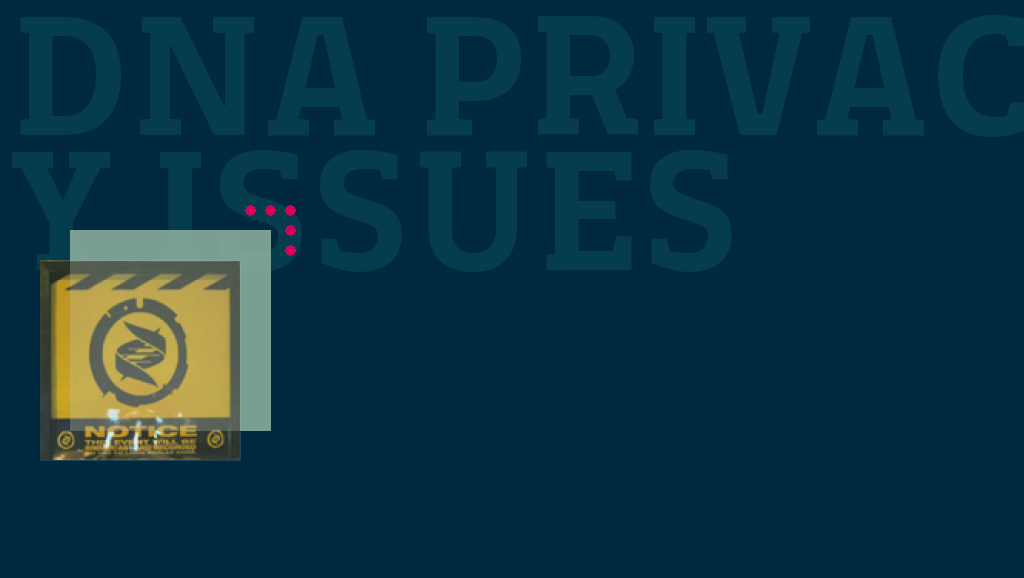Last week Scientists in Boston published a report in the journal Science that raises some serious issues about privacy and the treatment of DNA materials. The Boston Globe offers a summary here.
Scientists at the Whitehead Institute for Biomedical Research showed how easily this sensitive health information could be revealed and possibly fall into the wrong hands. They tried to identify the owners of anonymous DNA samples that are available for research purposes online. They did not have any high technology, using ancestor tracing websites and freely available public documents.
It took a single researcher with an Internet connection about three to seven hours per person, and all in all the identities of more than 50 participants were discovered.
This fact has lead to broader debate about how researchers could better share DNA data in order to keep the materials anonymous. The very scientists who conducted the research argue that the privacy problem needs to be completely re-analyzed, with some scientists dubious that privacy to any extent can be guaranteed.
Problems related to this are both practical and philosophical. The hotly debated GINA legislation for example does not allow health insurance companies to discriminate on the basis of DNA testing, but other insurance companies are not legislated against. Life and long term care insurances are not covered under the document, so in theory they would be free to decline cover on the basis of DNA analysis. This is particularly important as long term care is extremely expensive and is often not covered through health insurance.
——————
(photo: IMG_0824 by tantek from Flickr)
















